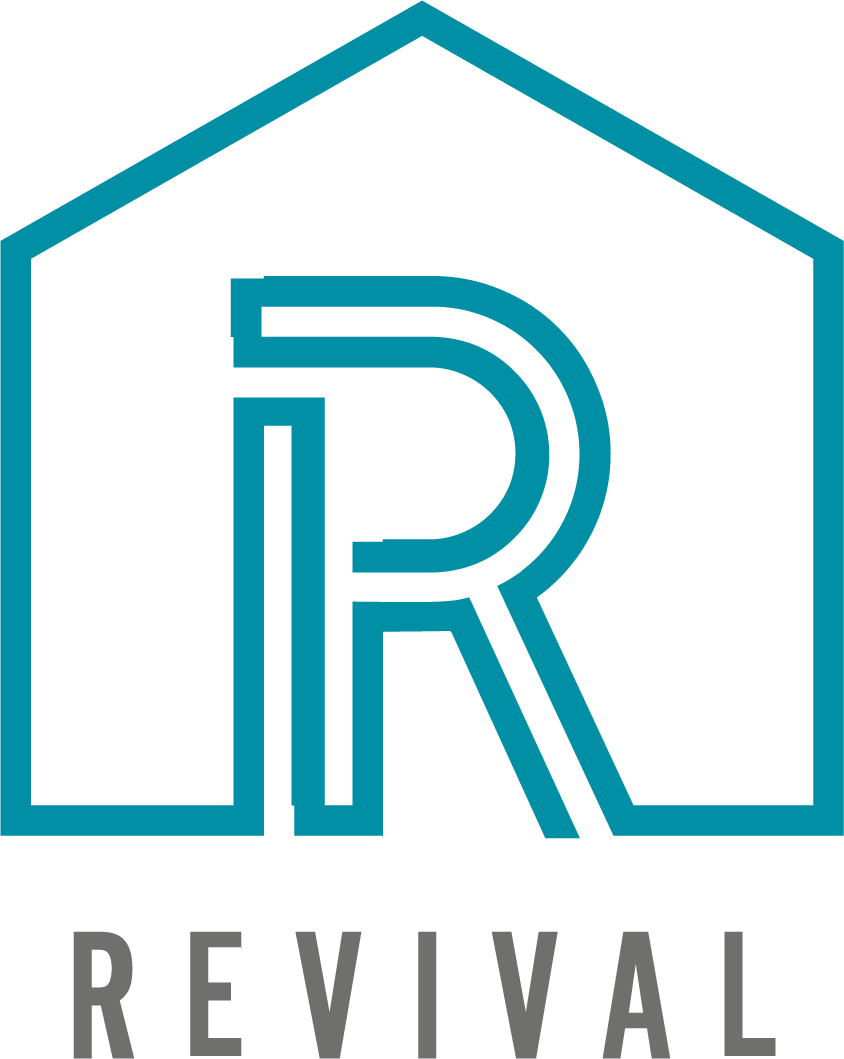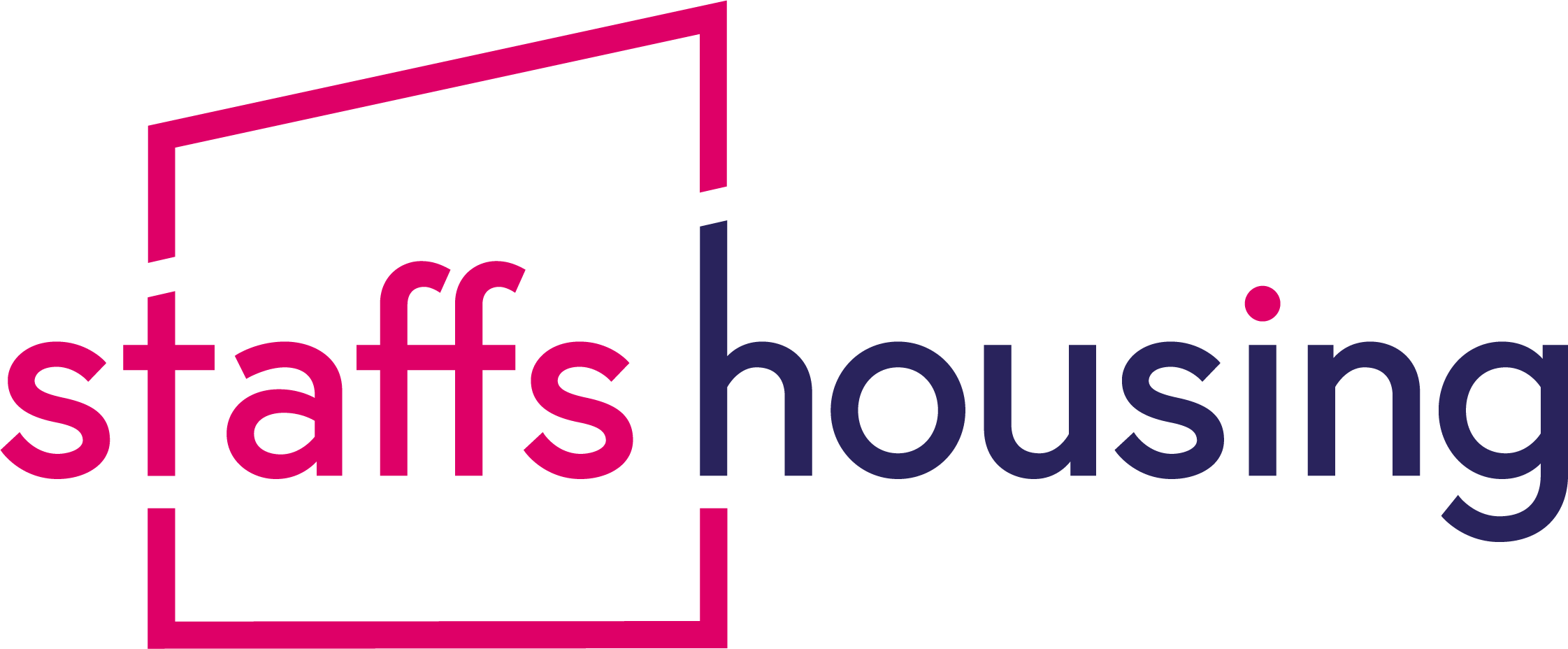Anti-social behaviour, usually called ASB for short, is when someone’s actions are causing a nuisance or annoyance to another person, or impacts on us as a social housing provider.
There’s a wide variety of actions that can be defined as ASB. Some examples include:
- Noise nuisance such as loud music, shouting or disturbance from parties
- Intimidation, threatening behaviour or harassment in common areas or public areas, or online (also known as cyber bullying)
- Aggressive and threatening language or behaviour
- Actual violence against people and property
- Illegal behaviour or unruly behaviour as a result of substance misuse
- Using their home for unlawful purposes, such as supplying or possessing drugs
- Accumulation of rubbish or dumping of litter and waste
- Graffiti, vandalism, and damage to property
- Failure to properly control pets
- Unruly behaviour by visitors to a property
- Theft and burglary from property or vehicles
- Domestic violence and abuse
Some examples of issues that aren’t classed as anti-social behaviour include traffic or parking issues on public roads, day-to-day noise at reasonable hours, disagreeing or having a falling out with your neighbour, or when there is no evidence of who has caused the issues.
If we’re unable to help, we’ll signpost you to an agency who may be able to.
If you’re experiencing anti-social behaviour, the first step is to speak to your neighbour to try and resolve it. Most of the time, your neighbour might not realise that their behaviour is bothering you.
If you don’t feel comfortable or confident doing this, let us know and we can see how we could support you.
The quickest way to contact us is to complete our anti-social behaviour form on our website
Or you can email us at [email protected], or call our dedicated customer service team on 01782 744533 during office hours.
- First, we will ask for the name and address of the person the complaint is about.
- We will then ask for details about what has happened, including the time and what was said/done.
- Finally, we'll want to know how this affected you and your family, and how it has made you feel.
Once we have this information, our Neighbourhood Officers will investigate to confirm if it’s ASB. If we need more information, we’ll contact you and if appropriate or necessary we’ll speak to your neighbours.
We might also contact the Police if you’ve also reported issues to them. If there’s CCTV footage, we’ll look at that too.
To take action against someone who is behaving anti-socially, we might ask for evidence which will allow us to take action. One way you can collect evidence is by using 'The Noise App'.
This free app is available on most smartphones. You can use it to record noise nuisance that you're experiencing. Our team can access your recording and contact you directly using the app.
We can then listen to the noise directly and even use the app to contact you directly when we’re investigating the issue.
When the occupant is causing ASB, we recommend that you write down what happened, what time/day and who to.
If we have enough evidence, we’ll issue a tenancy warning against the tenant causing the nuisance.
If anti-social behaviour is serious or has been ongoing for a long time with no sign of improvement, we will take legal advice to find out what our options are. Usually, we will either apply for an injunction or serve notice.
Injunction
Injunctions stop someone from doing something, for example paying loud music or having lots of people in their property.
On occasion, a judge may also ban someone from entering a customer’s home for a set period of time.
Serving notice
We only ever take this action in very serious or long-standing cases.
We will tell the occupant that we are taking them to court and apply for a court date. (This is called serving notice). Unfortunately, this can take some time as it depends on how busy the court is.
We also have to submit evidence to the judge for them to be able to make a decision as to whether we can evict the person causing ASB.
Both of these options aren’t quick fixes and require evidence. So, it’s essential that you use the Noise App and complete incident diary forms. If you don’t provide evidence, it’s unlikely the court will help you with your ASB issue.
If you experience any Anti-Social Behaviour (ASB), you are called a witness and usually the best person to show the impact ASB has had.
Your evidence can really help us deal with the behaviour, especially if we have to take legal action against the person in court.
Read our 'ASB - being a witness' leaflet for more information.
If you report ASB, we will discuss and agree any support you may need. This can include working with the police, local authority, specialist tenancy support agencies and other support providers. If a case goes to court, we will support any witnesses.
Yes, we have an ASB policy that covers our approach to tackling and preventing ASB, including our requirements of the Anti-Social Behaviour, Crime and Policing Act 2014.
We will take positive action, using any tools we have available to deal with ASB and make sure our customers are able to live in a happy home.
What we will do
- ASB is unacceptable and we’ll consider any options available to address ASB.
- We use a range of preventative measures to reduce the ASB happening.
- We’ll make sure our tenants are aware of their families’ and visitors’ obligations concerning ASB.
- We’ll support complainants and witnesses with a range of available resources.
- We’ll provide support to perpetrators of ASB who are vulnerable, and to provide a balance between enforcement, prevention, and rehabilitation.
- We’ll make reporting ASB as simple as possible and make sure that confidentiality is maintained throughout the investigation.
- We’ll work in partnership with other key agencies to tackle ASB. In particular, the police and local authority ASB units.
Enforcement
If ASB is happening, we’ll use a range of methods to improve the situation, including:
- Specialist mediation services.
- Ending assured shorthold tenancies, starter tenancies and license agreements when there have been problems of ASB.
- Using injunctions to prohibit ASB or exclude individuals from entering a property.
- Continuing to work in partnership with other agencies.
- Using an approved firm of professional witnesses and specialist solicitors.
- Taking possession proceedings for ASB.
- Using ‘Acceptable Behaviour Contracts’.








